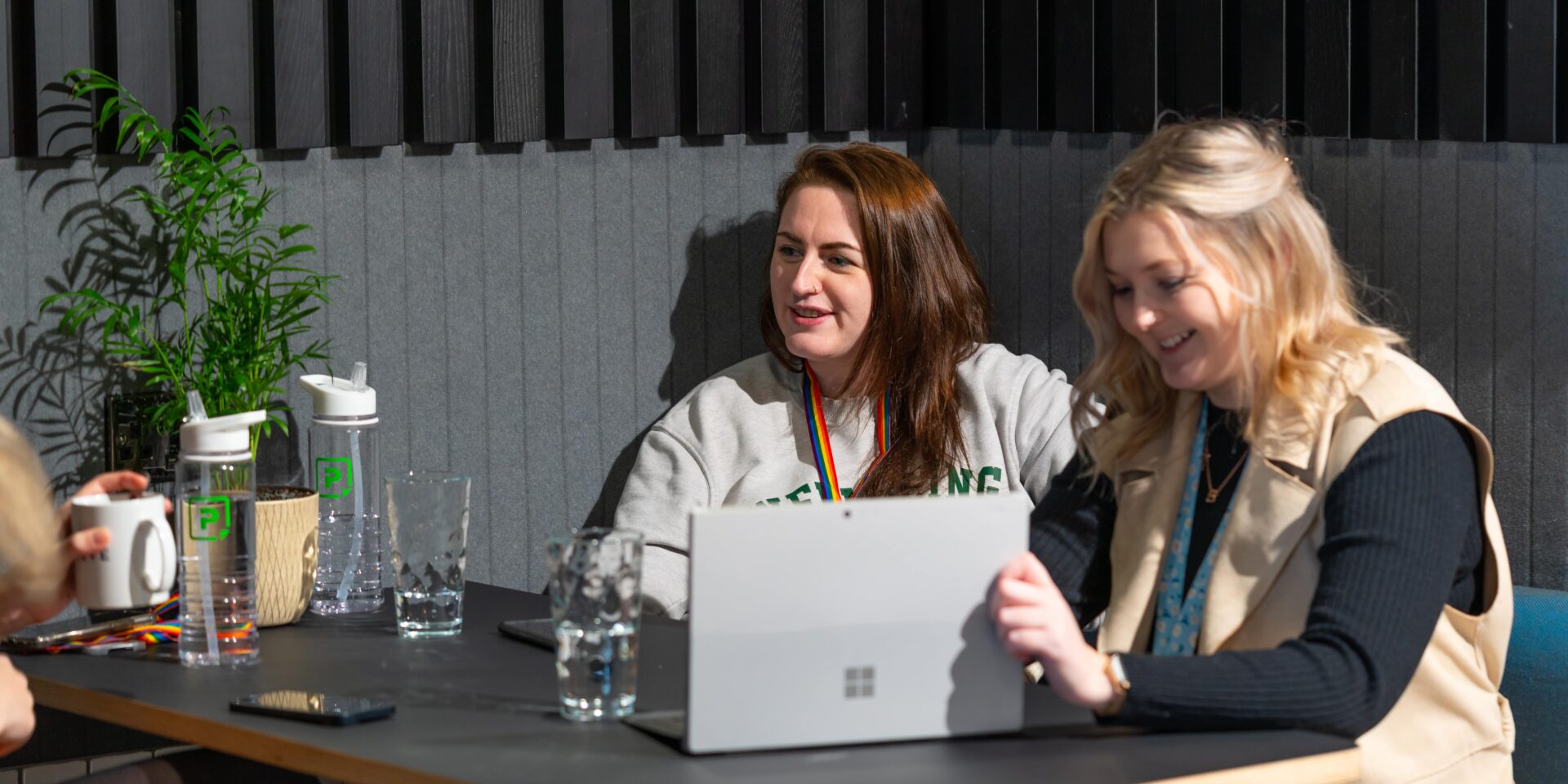Now, where to start?
For apprenticeships, the best place to access applications is through your local college, or the gov.uk website; this way you know they are reliable and scheme-accredited. Placements have a slightly more informal application process. Many businesses offer work placements on an ad hoc basis, or you may opt to do a placement year through your university course, if you are a student. Here, we’ll explore where to find these invaluable opportunities and why they can be your secret weapon for career success:

Connect with your local university or college
Most UK universities have dedicated careers services that can connect you with placement opportunities.
They maintain partnerships with local businesses and organisations, making it easier to find relevant placements in your field of study.
Online job portals
Websites like LinkedIn, Indeed, and Prospects are treasure troves of work placements.
You can filter your search by location, industry, and duration to find the perfect match for your career goals.
Company websites
Many organisations advertise their internship opportunities on their websites.
Regularly check the careers pages of companies you’re interested in, and don’t hesitate to reach out even if they don’t have a listed vacancy; proactive networking can open doors.
Apprenticeships at Salford City College
Salford City College are an award-winning, leading training provider in Greater Manchester, operating across the North West.
Explore more about their opportunities here: Apprenticeships at Salford City College – Apprenticeships at Salford City College (salfordcc.ac.uk)
Crafting the perfect application
Tailor Your Application
Customise your application for each position you apply to. Highlight relevant skills, experiences, and qualities that align with the specific requirements of the placement.
Clear and Concise Cover Letter
Your cover letter should be well-structured and concise. Start with a compelling opening paragraph, explaining why you’re interested in the placement and what you can bring to the table. Use specific examples to showcase your skills and enthusiasm.
Polished CV
Ensure your CV is up-to-date and well-organised. You may want to include your academic achievements, work experience, relevant coursework, and any extracurricular activities or volunteering that demonstrate your skills.
Showcase Transferable Skills
It’s a great idea to emphasise soft skills such as communication, teamwork, problem-solving, and adaptability. Employers value these qualities just as much as technical skills.
Research the Company
Familiarise yourself with the organisation’s values, mission, and culture. Mention how your values align with theirs in your application.
Professionalism
Use a professional email address and make sure your social media profiles are clean and presentable, as employers may check them.
Proof-read
Avoid typos and grammatical errors. Ask a friend or mentor to review your application for feedback.
Follow Instructions
Pay close attention to the application instructions. Submit all required documents and meet deadlines.
Follow Up
After submitting your application, consider sending a polite follow-up email to express your continued interest.
Practice Interview Skills
Prepare for potential interviews by practicing common interview questions and researching the company’s interview process.
Interview tips
If you’ve never been formally interviewed before, preparing for your first placement or job interview can be a very daunting process. The most important thing to remember is that you’re there because you deserve to be; don’t let nerves cloud your capabilities!
It’s always good to have some questions prepared beforehand, as most interviewers will end by asking if you have any for them. Questions such as “what does the day-to-day look like in this role?” and “what kind of progression is available from this role?” always impress.
Asking the Right Questions
Questions which Shape Culture
It’s important that when we are selecting the questions we are wanting to use during an interview, it’s key to make sure we include questions which help us understand a person. Questions to include may be shaped around your values or mission statement.
Open-Ended Questions
It’s important to consider asking open-ended questions to help you understand a person’s abilities, skills and aptitude for the role and workplace. It not only allows for a more comprehensive response but can give you an insight into a person’s thinking.
Interview in Practice
When you are considering whether a person is suitable for a role, why not consider the different ways in which you can allow them to demonstrate those skills. Consider including a scenario-based demonstration or a relevant activity during the interview.
Rating System
If you have multiple applicants, consider constructing a rating system to help make an informed decision. Using some of the essential and desirables from a job description can be a good starting point, followed by additional factors and circumstances.
Clear Communication
It’s important for you and the person being interviewed that you are clear and concise when it comes to asking questions. Make sure you understand exactly what information you are looking to obtain and create questions which are specific to ensure a clear response.
